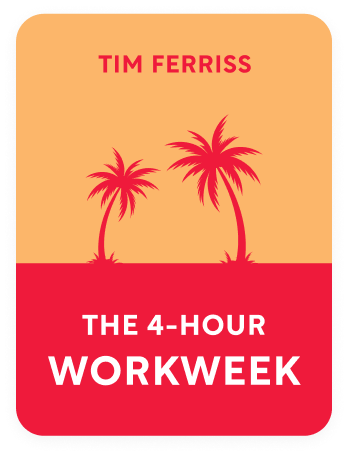

This article is an excerpt from the Shortform book guide to "The 4-Hour Workweek" by Tim Ferriss. Shortform has the world's best summaries and analyses of books you should be reading.
Like this article? Sign up for a free trial here .
What are the pros and cons of working remotely? How do you know if working remotely is for you, and how can you succeed at it?
It’s important to consider the pros and cons of working remotely before you make any changes. Many people find that working remotely has a lot of benefits.
Read more about the pros and cons of working remotely, and how working remotely can be beneficial for you.
Pros and Cons of Working Remotely
A conventional 9-5 job takes up a lot of time. If you want more free time—and you’ll need free time to start your “muse” business in step A (Automate)—you’re going to have to reduce the hours you spend on your rat race job. But before you decide to change up how you work, consider the pros and cons of working remotely.
If you’re an employee, you’ll do this by transitioning to remote work. When you’re working remotely, no one knows how long you actually spend working; they only know if you finish all your work. Now that you know how to eliminate, you’ll be able to do your job in far less than eight hours a day.
If you’re an entrepreneur and you control your own schedule, no one’s holding you to 40 hours a week except yourself. However, entrepreneurs can still benefit from learning how to work remotely so that they can travel while working. There are pros and cons of working remotely for people in all types of work.
This tends to be the hardest part of the process for employees. You take control and have potentially uncomfortable conversations.
To transition to remote work, first you’re going to figure out how to do it, and then you’re going to convince your boss to let you.
How to Succeed at Remote Work
Now that you know the pros and cons of working remotely, you need to know how to actually be successful at remote work. There are some logistics to iron out when transitioning to remote work:
- Figure out how to do all aspects of your job remotely. When you come to a task that you don’t think you can do from outside the office, ask yourself if it’s really necessary that you do it. If it is, consider alternate ways you could do it, such as video chats, screen sharing, and so on.
- Practice working in new environments. This will help you figure out how to be productive in a remote environment.
- For example, try working at a library.
- Create a workstation. Don’t work in the same space you sleep or relax. Don’t do anything except work in your workspace.
- Get more comfortable hearing no. Practice activities that push you outside your comfort zone such as talking to strangers and haggling. If anyone refuses to give you something, ask what you’d need to do to get the answer you want. Also, ask if they’ve ever made exceptions and why or why not.
- Plan for resistance. If you think your boss will resist you working remotely, consider why. If remote work is going to cause some sort of problem, figure out how to mitigate or avoid it.
- Example #1: If you need to access software that’s licensed to your work computer, try remote desktop software.
- Example #2: If you don’t think your boss will trust you to work remotely, review the earlier chapters of step E (Eliminate) to make yourself more productive. Or go remote first and ask for permission later (recall the ten rules to breaking the rules, and see the hourglass method below).
Your list of the pros and cons of working remotely may be a little more personal, but the change can help you manage your time and have more control over your life.

———End of Preview———
Like what you just read? Read the rest of the world's best book summary and analysis of Tim Ferriss's "The 4-Hour Workweek" at Shortform .
Here's what you'll find in our full The 4-Hour Workweek summary :
- The 4-step process to live a "retired" lifestyle now
- Find out if you're wasting the best years of your life working a 9-5
- How to create a business that makes you money without sucking up your time






